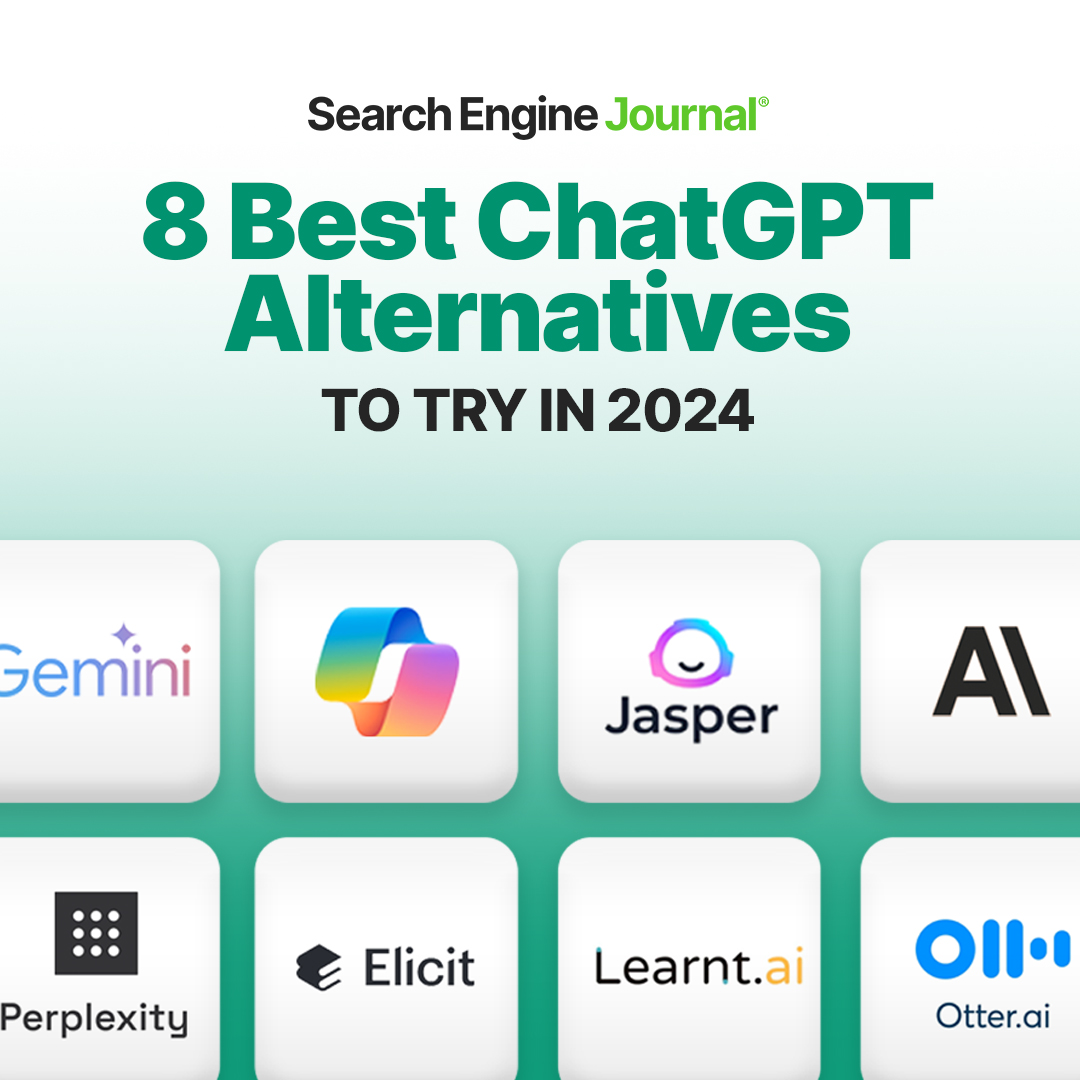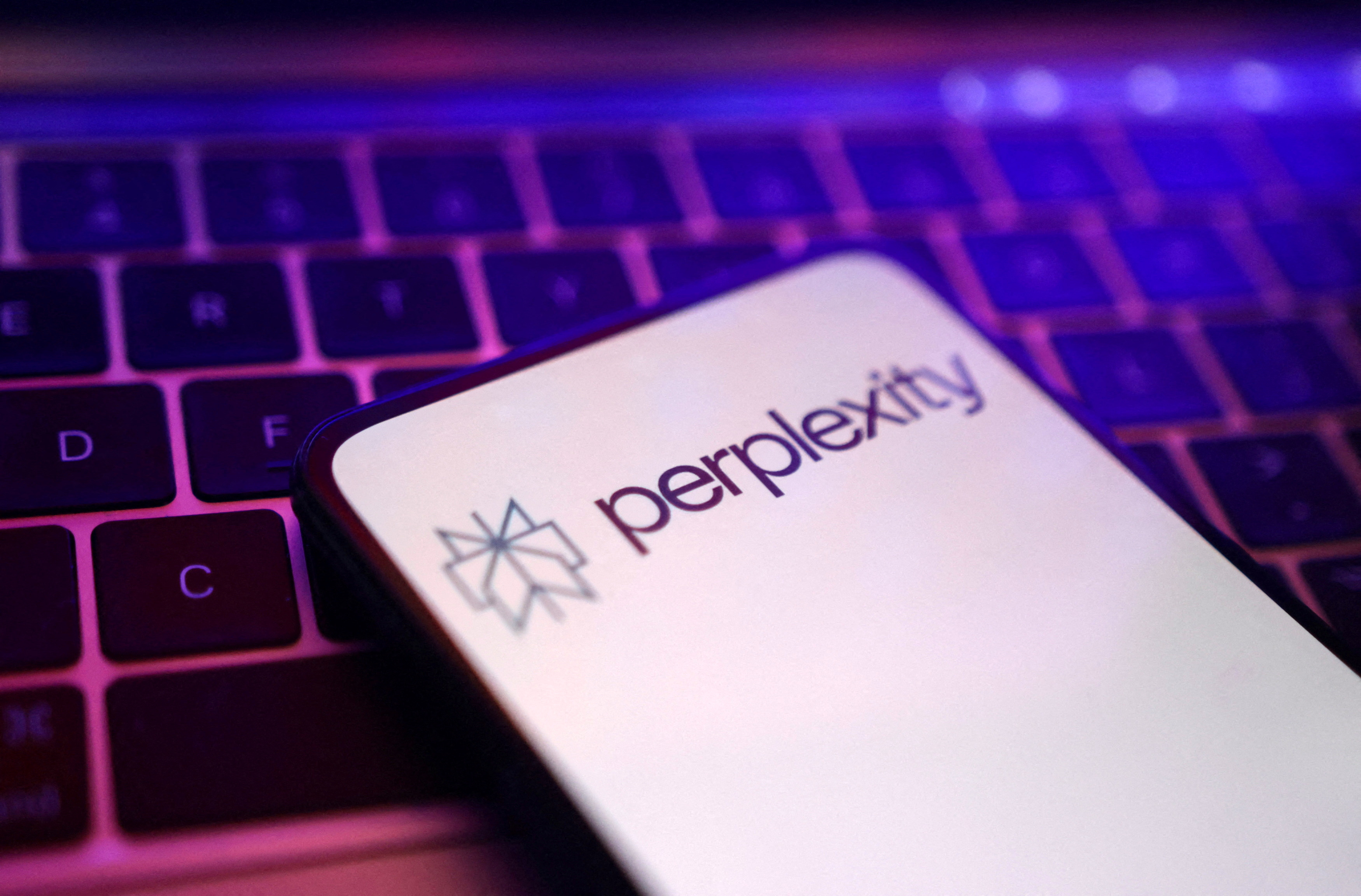Google Finally Faces Real Competition: How AI is Challenging the Search Landscape
Google has long been the undisputed leader in the online search arena, shaping how billions of users find information on the web. However, a new era of AI-powered challengers is on the rise, posing a significant threat to Google's dominance. Companies like Perplexity, ChatGPT, and Grok are revolutionizing the search experience by leveraging artificial intelligence to offer more conversational and intuitive interactions, challenging Google's traditional links-based approach.
The Emergence of AI-Powered Challengers
Perplexity, one of the emerging challengers to Google, is an AI-driven search startup that aims to redefine how users search for information. Unlike Google's conventional method of displaying a list of links, Perplexity provides concise and conversational responses, streamlining the search process and saving users valuable time. This user-centric approach is resonating with a growing number of consumers who seek a more straightforward search experience.

According to Dmitry Shevelenko, Perplexity's chief business officer, the company is set to introduce a new advertising model that integrates brand promotions seamlessly into user interactions. By allowing brands to sponsor follow-up questions, Perplexity fosters ongoing conversations between users and the AI, offering a unique advertising solution that is both engaging and informative.
Perplexity Making Waves in the Search Space
Perplexity has already gained traction in the market, with reports indicating that the platform processed 340 million queries in September alone. While this number pales in comparison to Google's massive search volume, it underscores a growing interest in alternative search engines. Perplexity's commitment to transparency and neutrality in search results sets it apart from traditional search engines, resonating with users frustrated by biased search algorithms and sponsored content.
Perplexity's focus on providing personalized search experiences through conversational engagement is a key differentiator. By utilizing AI to anticipate user needs and offer proactive responses, Perplexity aims to create a dynamic and interactive search experience that goes beyond traditional keyword searches.
Perplexity to launch ads on search platform by fourth quarter ... 
The Rise of AI in the Search Landscape
The emergence of AI-powered alternatives like Perplexity, ChatGPT, and Grok signals a significant shift in how users access information online. These AI-driven platforms offer unique features that challenge the traditional search paradigm, paving the way for a more dynamic and user-centric search experience.
The Promise of AI-Driven Search Engines
Perplexity, backed by Jeff Bezos, stands out as a leading AI-powered search platform that emphasizes concise and AI-generated answers over traditional search results. By offering users direct answers to their queries, Perplexity streamlines the search process and enhances user satisfaction. The platform's innovative approach to advertising through sponsored interactions sets a new standard for engaging brand promotions.
14+ Best ChatGPT Alternatives for Every Use Case [2024] ![14+ Best ChatGPT Alternatives for Every Use Case [2024]](https://www.growthbarseo.com/wp-content/uploads/2023/03/best-chatgpt-alternatives.001.png)
ChatGPT, another AI alternative, boasts a diverse user base due to its wide range of applications beyond search. With support from Microsoft, ChatGPT continues to evolve and provide nuanced responses that mimic natural conversations, appealing to users seeking a comprehensive AI-driven search experience.
Grok, spearheaded by Elon Musk, offers a unique proposition as a "free speech" search engine, catering to users disillusioned with existing platforms' perceived biases. By prioritizing content neutrality, Grok aims to attract users seeking an unbiased search experience within a less censored environment.
Google's Response with Gemini Search
Google has responded to the rising competition with Gemini Search, its AI-driven offering integrated into Google Search results. Gemini enhances user experience by summarizing relevant information at the top of search pages, streamlining the information retrieval process. Google's strategic move to incorporate AI into its search results demonstrates its commitment to innovation and user satisfaction.
The competitive landscape in AI-driven search is shaped by factors such as user base and resources. While Google leverages its massive infrastructure and data, startups like Perplexity and ChatGPT rely on innovation and user-centric design to carve out their market share. The battle for user adoption and engagement will ultimately determine the success of these AI-powered search engines in challenging Google's supremacy.
Conclusion
The emergence of AI-powered search engines represents a significant paradigm shift in the search landscape. With innovative features and user-centric design, companies like Perplexity, ChatGPT, and Grok are redefining how users access information online. While Google remains a formidable player, the rise of AI challengers underscores the evolving preferences of users and the need for more personalized and interactive search experiences.










